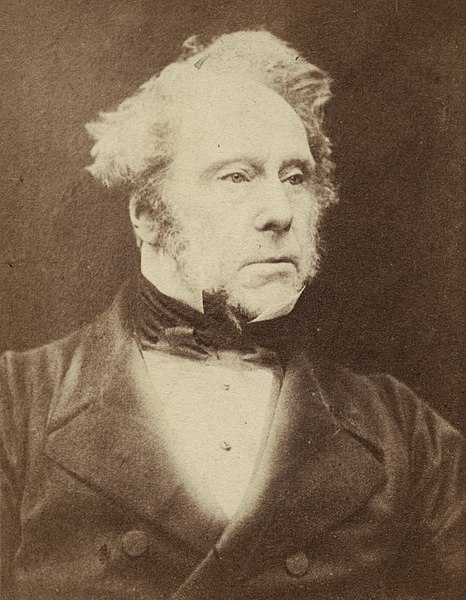Liberal internationalism is a foreign policy doctrine that supports international institutions, open markets, cooperative security and liberal democracy. At its core, it holds that states should participate in international institutions that uphold rules-based norms, promote liberal democracy and facilitate cooperation on transnational problems.
Liberal internationalism emerged during the 19th century, notably under the auspices of British Foreign Secretary and Prime Minister Lord Palmerston
Liberal internationalism was developed in the second decade of the 20th century under U.S. President Woodrow Wilson
Foreign policy, also known as external policy, is the set of strategies and actions a state employs in its interactions with other states, unions, and international entities. It encompasses a wide range of objectives, including defense and security, economic benefits, and humanitarian assistance. The formulation of foreign policy is influenced by various factors such as domestic considerations, the behavior of other states, and geopolitical strategies. Historically, the practice of foreign policy has evolved from managing short-term crises to addressing long-term international relations, with diplomatic corps playing a crucial role in its development.
J. K. Paasikivi, the President of Finland, was remembered as a main architect of Finland's foreign policy with the Soviet Union after the Second World War. From left to right: President Paasikivi and Soviet head of state Kliment Voroshilov in Moscow.
The Farnesina in Rome, seat of the Italian Ministry of foreign affairs
Meeting between the prime ministers of Spain and Poland (Jarosław Kaczyński), in 2007





